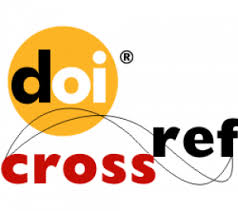E3 Journal of Business Management and Economics
E3 Journal of Business Management and Economics Vol. 3 (10) pp. 330-340, November 2012; © E3 Journals; ISSN 2141-7482
Does RDA-credit differ from others’ microcredit? A case study of Bangladesh
M.A. Majid Pramanik 1,2 , Lu Qian 1 *1 College of Economics and Management, Northwest A&F University, 3 Taicheng Road, Yangling, Shaanxi, China-712100
2 Faculty Member, Rural Development Academy, Bogra, Bangladesh-5842
*Corresponding Author E-mail: xnluqian@126.com
Accepted 19 October 2012
Abstract
Although Bangladesh is the pioneer adopter of modern microcredit approach but the credit mechanisms are not similar for all Microfinance Service Providers. This paper describes the credit mechanisms of Grameen Bank, Thengamara Mohila Sabuj Sangha, Association for Social Advancement, and RDA-credit. The article found that all selected microfinance service providers targeted poor clients, but their client selection process, service charge, credit allocation, priority to women, demand based credit, enterprise skill development and monitoring and supervision differed. Every institution has its own justification for adopting a distinct approach. However, RDA-credit mechanism is considered to be successful and sustainable because it has ensured supervisory and educative credit which is not common in general. It is also suggested to have mutual learning and cross fertilization among various microfinance service providers.
Keywords: Microcredit mechanism, Grameen Bank, Thengamara Mohila Sabuj Sangha, Association for Social Advancement, RDA-credit, Bangladesh
[Download Article - PDF]




